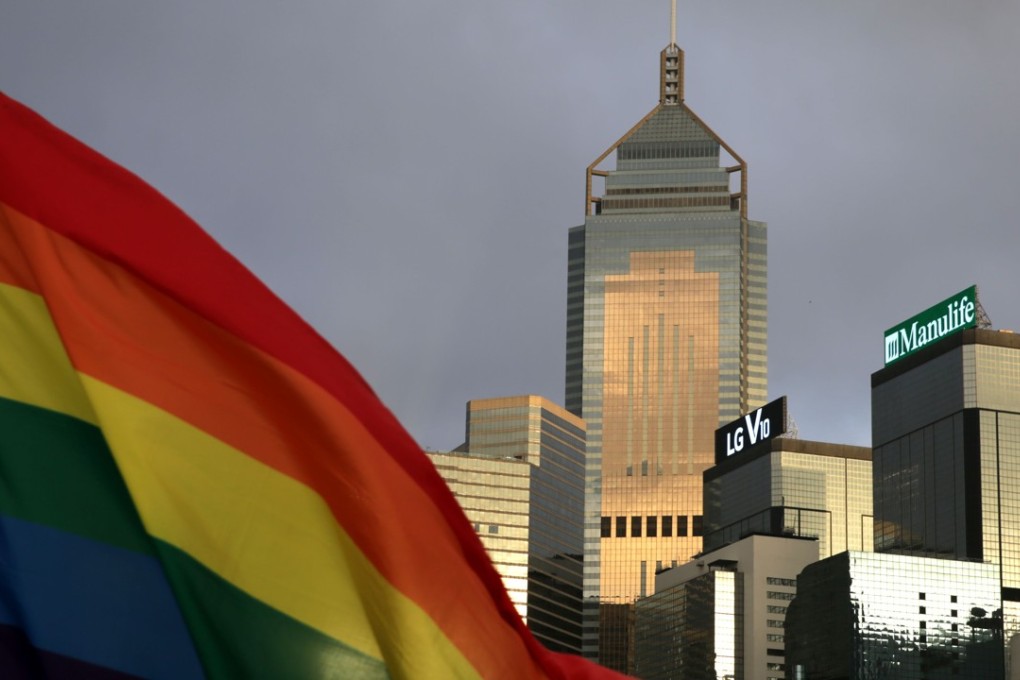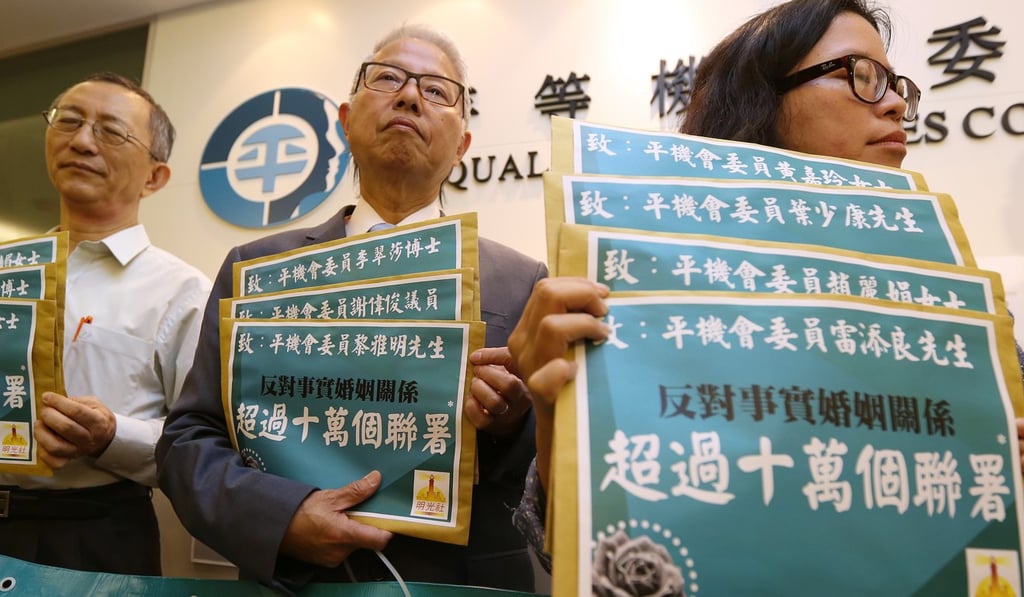Can Hong Kong follow Taiwan’s lead on same-sex marriage and live up to its Asia’s World City tag?
David Ogilvie says that, despite setbacks, the signs are that the conditions and mindset are right for Hong Kong to claim its place as a true East-West melting pot, with a citizenry tolerant of all sexualities

First, religious tolerance. There are only a small number of anti-gay religious activists in Hong Kong, although they do appear to have a relatively vocal platform that belies their size.
Taiwan’s gay community celebrates ruling to legalise same-sex union
Leader of Hong Kong Christian group slams landmark ruling on spousal benefits for gay civil servants
Also, a surprisingly large number of politicians in Hong Kong profess to be devout Christians, although this does not of course automatically denote anti-gay or even anti-same-sex-marriage sentiment.
Hongkongers are increasingly unlikely to be swayed by the traditionalist views
The second issue is the level of civic freedom that Hong Kong enjoys. Homosexuality was decriminalised here in 1991 and, while anti-discrimination laws are only applied to government employees, many corporations have worked independently to adopt their own codes on this issue.

Legalise same-sex marriage in Hong Kong, Canadian envoy says
So, while these two issues offer a mixed bag for those advocating a more liberal approach to same-sex marriage locally, they are perhaps both trumped by the third and most important issue, which is the degree of acceptance a society has towards sexual minorities.